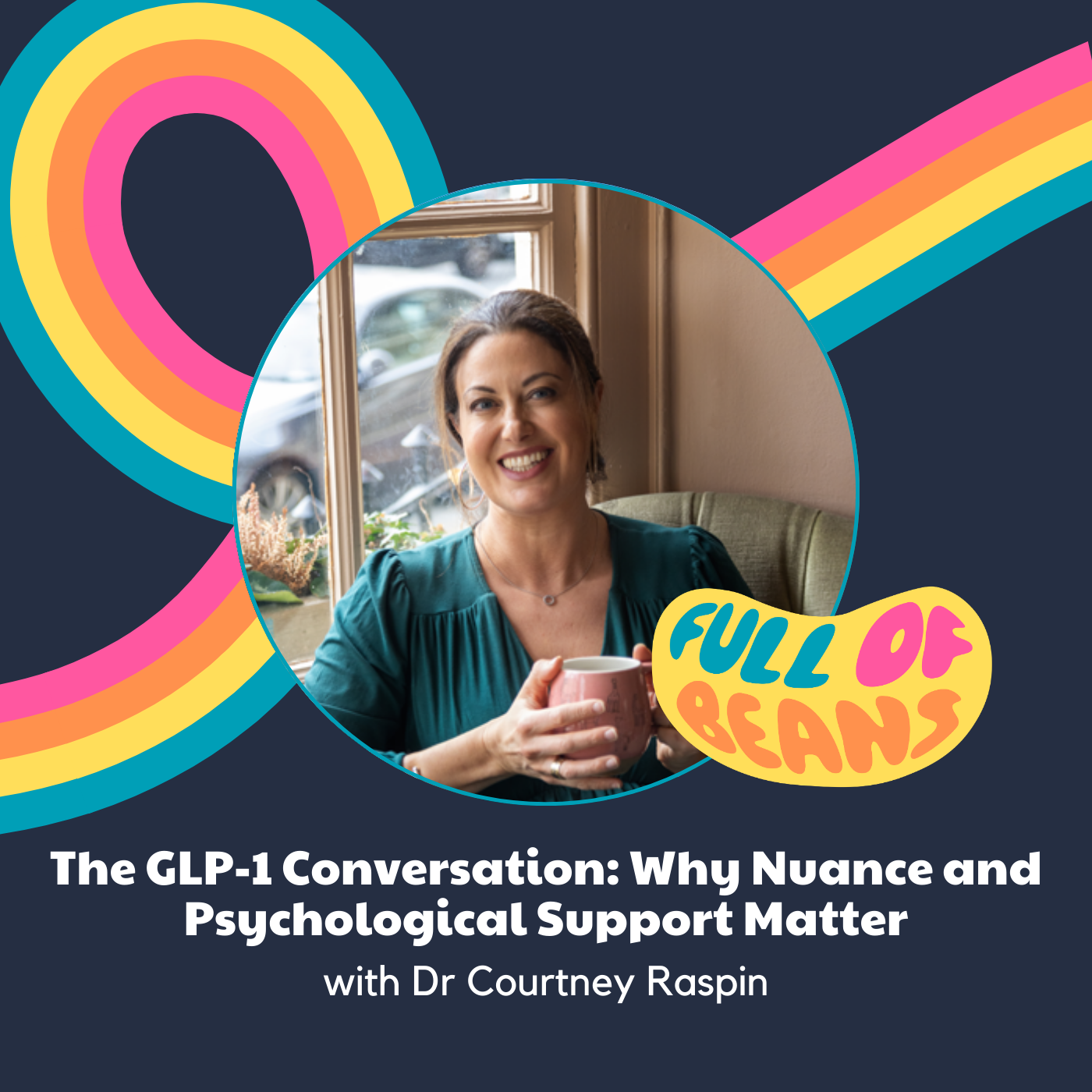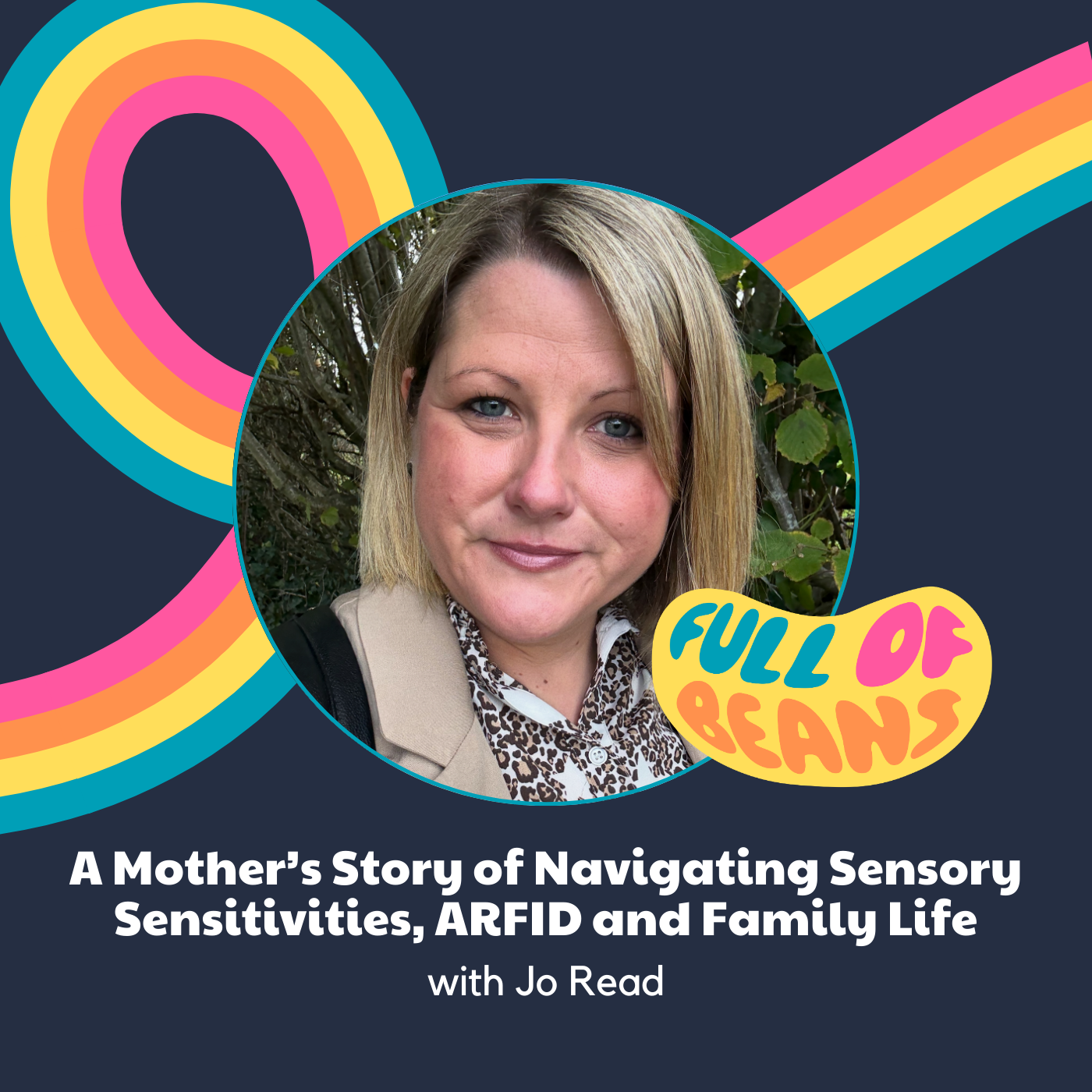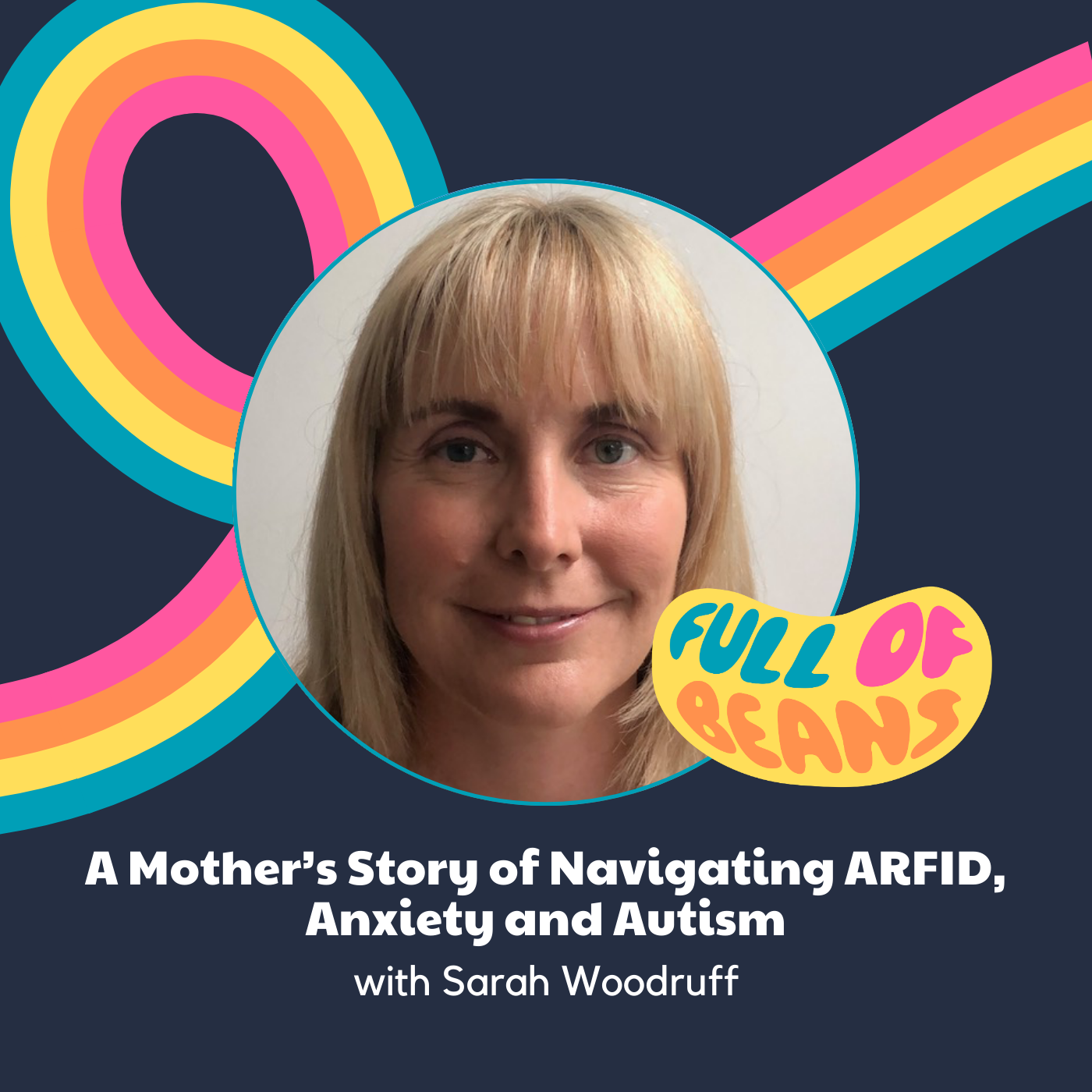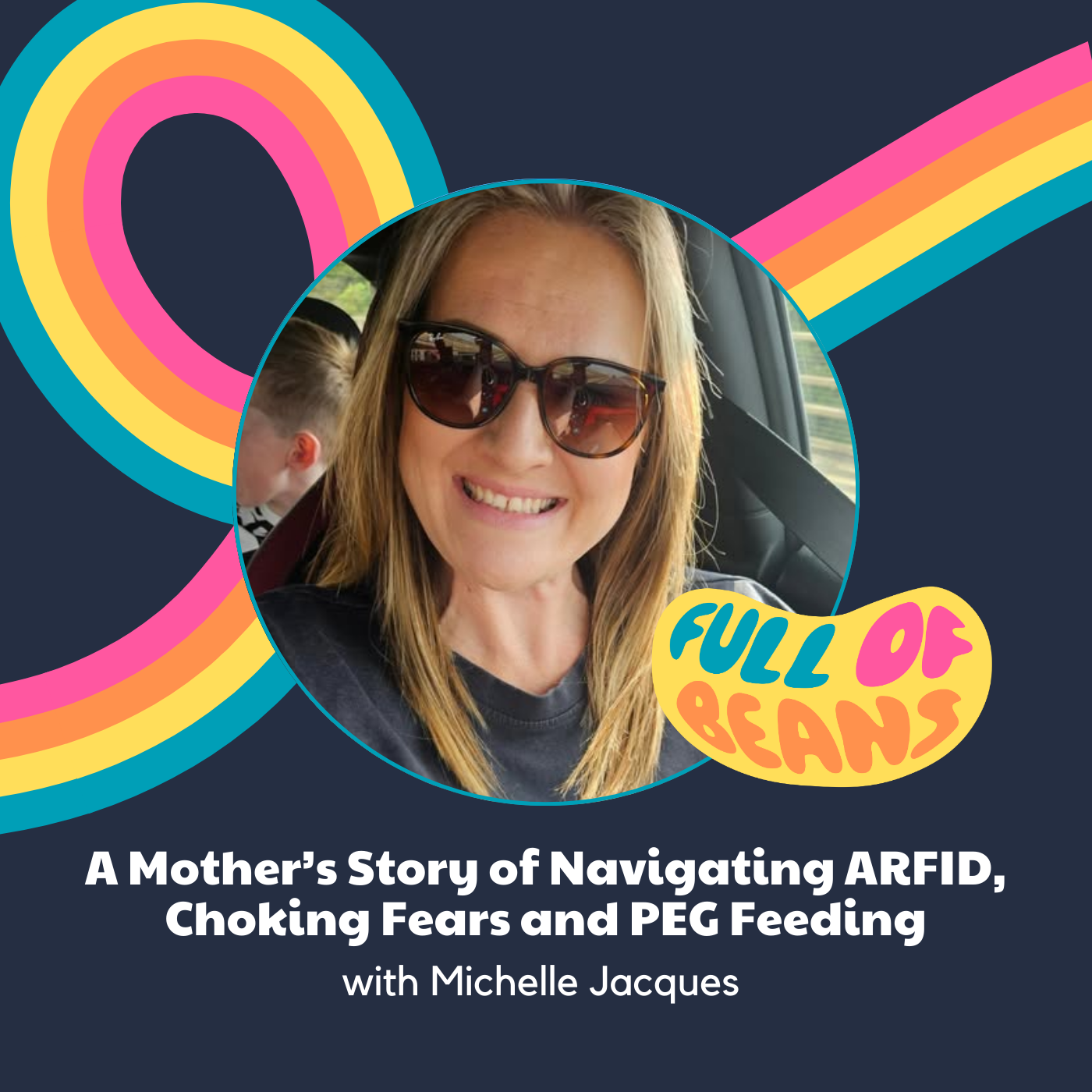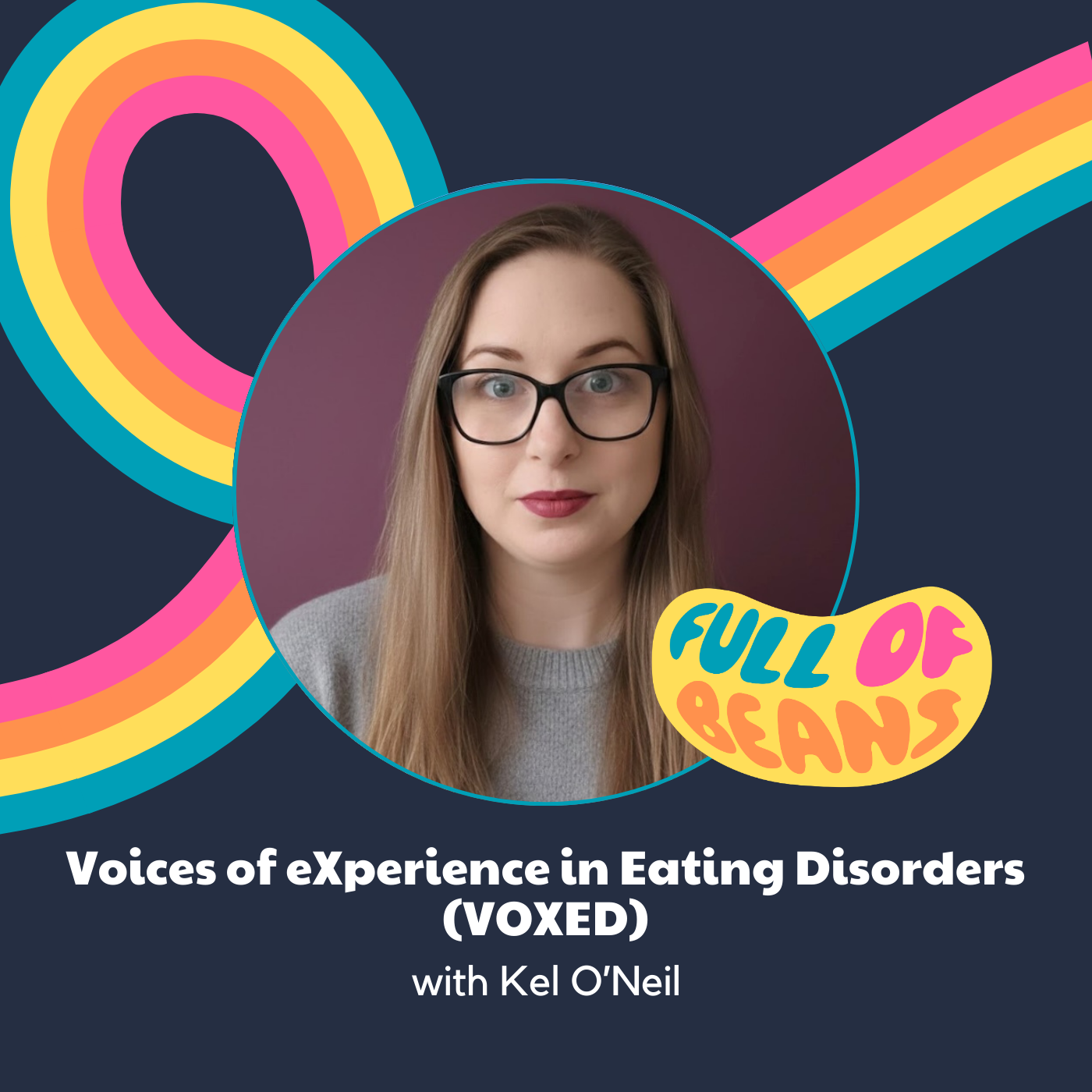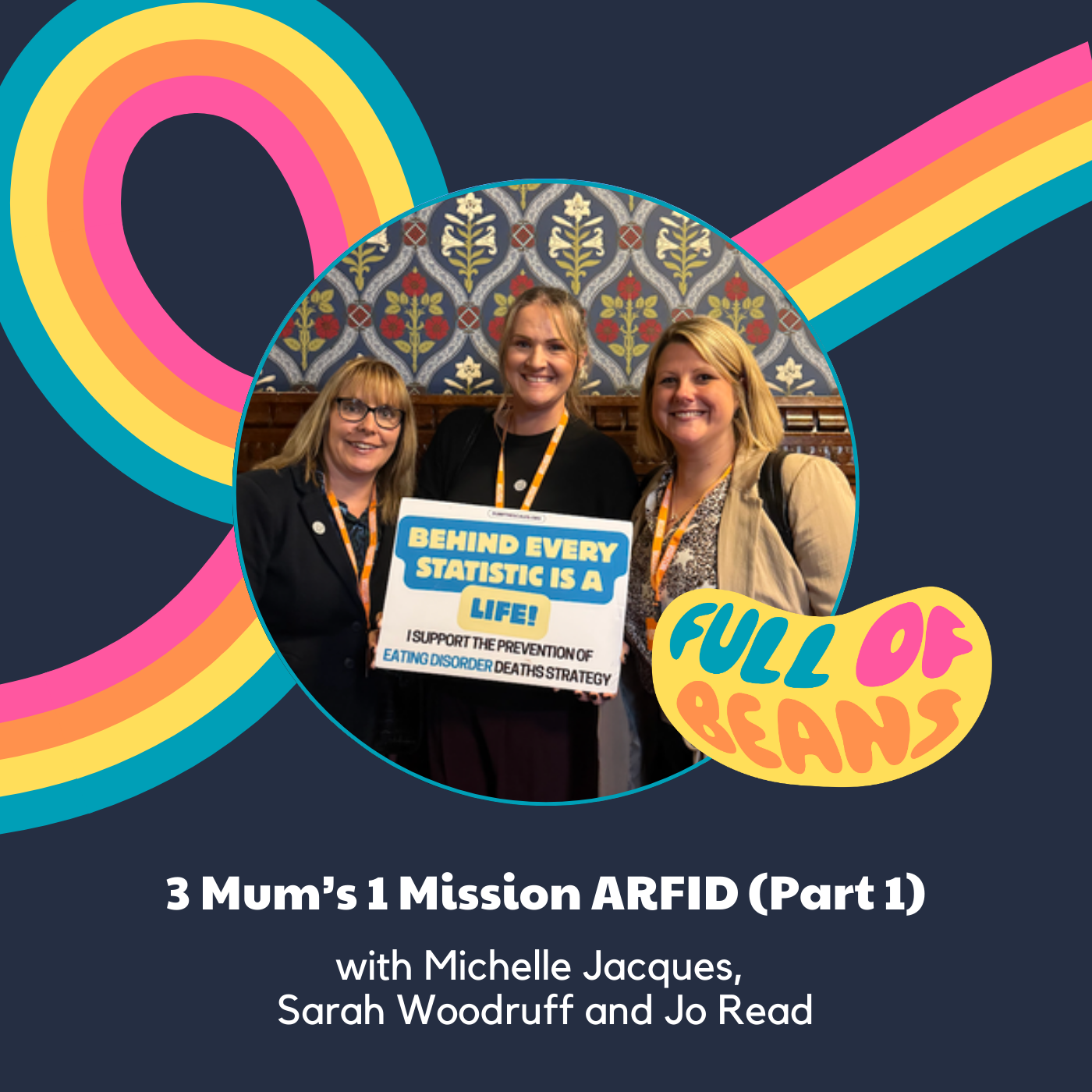Using Family-Based Therapy to Support Eating Disorder Recovery
Can parents really play a central role in their child’s recovery from an eating disorder?

According to Dr. Amy Harrison, Clinical Psychologist and Associate Professor at UCL, the answer is a resounding yes, and family-based therapy (FBT) is the framework that makes this possible.
In a recent episode of the Full of Beans Podcast, Dr. Harrison shared expert insights on how family-based therapy works, who it’s for, and why it continues to be one of the most effective outpatient treatments for children and adolescents with eating disorders.
What Is Family-Based Therapy?
Family-based therapy (FBT), a.k.a. the Maudsley approach, is an evidence-based treatment model designed for young people with eating disorders, including anorexia nervosa and bulimia nervosa.
FBT stands out because it:
- Places parents and caregivers at the centre of the recovery process
- Prioritises restoring nutrition and physical health
- Embraces a non-blaming, collaborative approach
- Addresses patterns within the family system that may maintain the illness
“It’s not about blaming the family. It’s about positioning them as the most powerful resource in helping their child recover.” – Dr. Amy Harrison
Who Is Family-Based Therapy For?
Family-based therapy is most effective for:
- Children and adolescents under 18
- Individuals living at home or with regular caregiver contact
- Those diagnosed with anorexia nervosa or bulimia nervosa (but more research is coming out
- Families who are willing to actively participate in weekly sessions
Although primarily intended for younger people, many core principles of family-based therapy can be adapted for older adolescents or young adults when a trusted support system is available.
Family-Based Therapy Structure & Phases
Therapists typically deliver family-based therapy in three phases over approximately 20 sessions:
1. Phase One – Weight Restoration
Caregivers take full responsibility for ensuring their child eats regularly and meets nutritional needs. The focus here is on stabilising physical health.
2. Phase Two – Returning Autonomy
As the young person progresses, control over meals and snacks is gradually returned. This step is paced carefully and based on emotional readiness.
3. Phase Three – Building Identity & Relationships
The final phase helps young people rebuild independence, restore relationships, and develop new coping skills that support lasting recovery.
“Recovery isn't just about food — it’s about relationships, trust, and finding a way back to yourself.” – Dr. Amy Harrison
Goals of Family-Based Therapy
The overarching goals of family-based therapy include:
- Medical and nutritional stabilisation
- Interrupting harmful eating disorder behaviours
- Strengthening family functioning and communication
- Rebuilding trust between the young person and caregivers
- Empowering long-term independence and relapse prevention
Family-based therapy focuses on what keeps the disorder going now, and how the family can support to intervene, rather than the underlying causes. This practical approach allows families to take immediate action to support recovery.
Challenges in Family-Based Therapy
FBT is a powerful model, but it’s not without difficulties.
Common challenges include:
- Resistance from the Young Person - In early stages, many young people don’t recognise they’re unwell, or don't want others to intervene, which can create frustration or pushback.
- Caregiver Distress - It’s emotionally difficult for parents to see their child struggle, especially when enforcing eating feels harsh. However, parents can learn how to support their child with compassionate boundaries.
- Family System Strain - Eating disorders affect the entire household. Family-based therapy opens communication and helps repair relationships impacted by the illness.
These challenges are expected and manageable with support. As Amy shared, "This is an extraordinary illness that requires an extraordinary response."
Family-Based Therapy Training for Clinicians
Clinicians interested in using this model can get trained in FBT through organisations like Altum Health.
Dr. Amy Harrison leads an upcoming 3-day experiential course designed for:
- Psychologists and psychotherapists
- Eating disorder nurses
- CAMHS clinicians and psychiatrists
- Dietitians and nutritionists
This training covers FBT principles, family therapy skills, and safe implementation practices to support families in crisis.
🔗 Explore training with Altum Health
Why Family-Based Therapy Matters in Recovery
Family-based therapy reminds us that recovery doesn’t happen in isolation. With the right tools and support, families can become empowered allies in the fight against eating disorders.
Whether you’re a parent, clinician, or individual with lived experience, FBT offers a path where healing happens together.
🎧 Listen to the full podcast episode with Dr. Amy Harrison
here
Sending positive beans your way,
Han 💛

